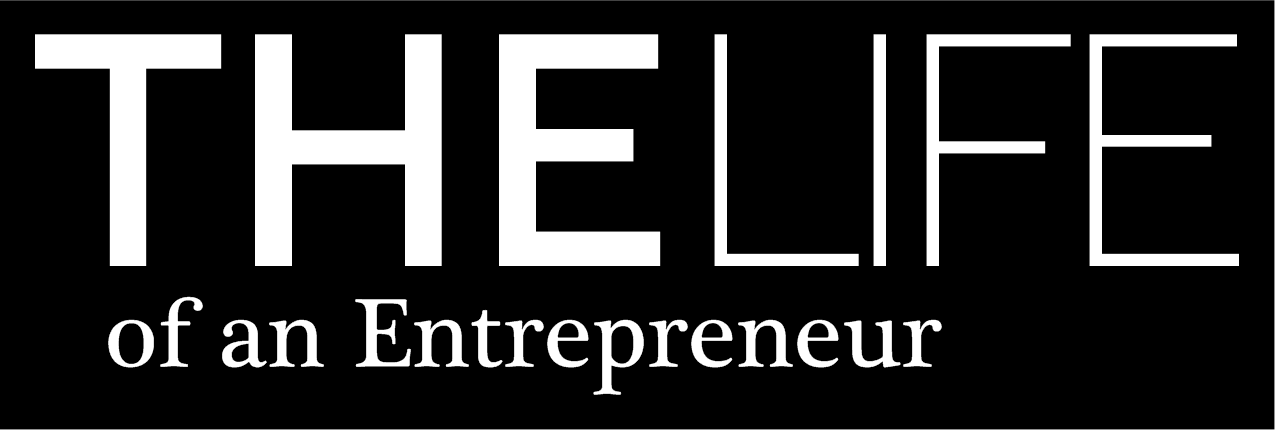
Where cash flow meets the mindset
Cash flow. We all know it’s essential. We all hear the saying: “Cash is king.”
Yet, strangely enough, most business owners don’t track their cash flow in a structured, consistent way.
And the truth is, it’s not because they’re disorganized or, do not have time, or lazy.
It is because of something more profound — emotional, behavioral, and often invisible.
Let us look at the surface-level reasons first:
1. Looking at cash flow means facing the truth
And for many business owners, that truth is uncomfortable.
Tracking cash flow means seeing how tight things really are. It means acknowledging that you may be overspending, underpricing, or relying too heavily on late payments. It forces you to confront the decisions that got you here — and that can feel like a personal failure.
So, instead, you stay busy. You avoid the spreadsheet. You focus on sales and delivery and tell yourself you will look at the bank balance tomorrow.
2. They confuse profit with cash
A business can be profitable on paper and still not have cash in the bank.
And that disconnect causes confusion and even anxiety.
You see income coming in and profit at the bottom of the financial statement, but your bank balance does not reflect it. And without understanding the flow of money (timing, VAT, payments, debtors, tax), that gap just feels like a mystery and frustration.
3. It has not become urgent — yet
Until you bounce a debit order.
Until SARS sends a demand letter.
Until your staff asks about salaries, you are unsure what to say.
By then, you are reacting under pressure — often making quick fixes rather than long-term decisions.
When Mindset Meets Money
Let us dig deeper into the emotional side — because this is where real transformation happens.
One client said something recently that stopped me in my tracks.
“I didn’t want to pay the last bit of money in my account, even though I knew more was coming the next day.”
Why?
Because psychologically, zero felt like a failure. It felt dangerous, as if she had lost all control.
So she kept the money there — just in case. She started making payments based on who shouted the loudest.
The quiet creditors? They were left unpaid — including SARS.
It was not strategic. It was not planned.
It was an emotional survival mechanism. A kind of money anxiety that kept her from making clear, structured decisions.
And this isn’t unique. Most of us carry subconscious beliefs about money that affect how we handle it.
Beliefs like:
- “If I pay everything now, there’ll be nothing left.”
- “I’m not a numbers person, so I can’t manage this properly.”
- “The cash will sort itself out — it always does.”
- “It’s better not to look than to see what I already suspect.”
These beliefs shape behavior. And behavior shapes results.
What Tracking Cash Flow Actually Gives You
We all know the theory, but here is what it really gives you — the things your business needs most:
- Clarity — You can see what’s coming in and going out, by date. You know what’s real.
- Control — You plan payments instead of reacting emotionally. You know when to hold off, when to push forward.
- Confidence — You stop second-guessing yourself. You make decisions backed by data, not fear.
- Perspective — You stop thinking short-term and start managing your business like someone who owns it — not someone it owns.
This isn’t about becoming a finance guru. It’s about being the kind of business owner who sees what’s happening, takes responsibility, and makes small, clear shifts.
Where to Start If You’ve Been Avoiding It
- Forgive yourself. You’re not the only one who’s avoided the numbers. What matters is what you do next.
- Use a simple cash flow tracker. It doesn’t have to be complicated. Just track:
- Opening balance
- Expected income by date
- Expected expenses by date
- Running balance
- Work on a weekly cycle, not monthly. Weekly planning gives you more agility and less overwhelm.
- Watch your language. Replace “I’m not good with money” with “I’m learning to lead financially.” It is a practice — not a personality.
Cash flow is not just about numbers — it’s about how you see yourself in your business.
It’s not about knowing everything. It’s about being honest, curious, and willing to lead.
Because once you shine a light on your cash flow, you stop being a passenger in your business — and start becoming the driver.
